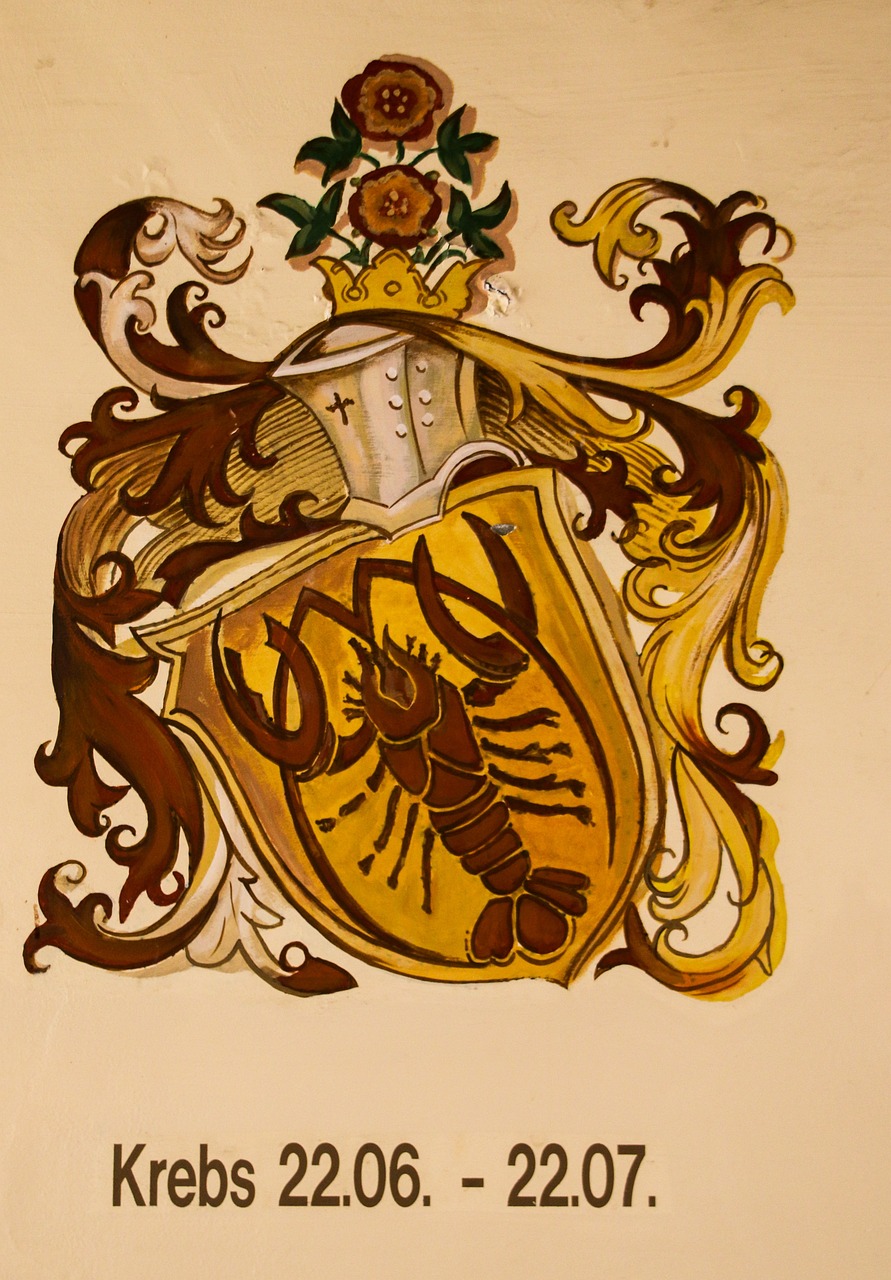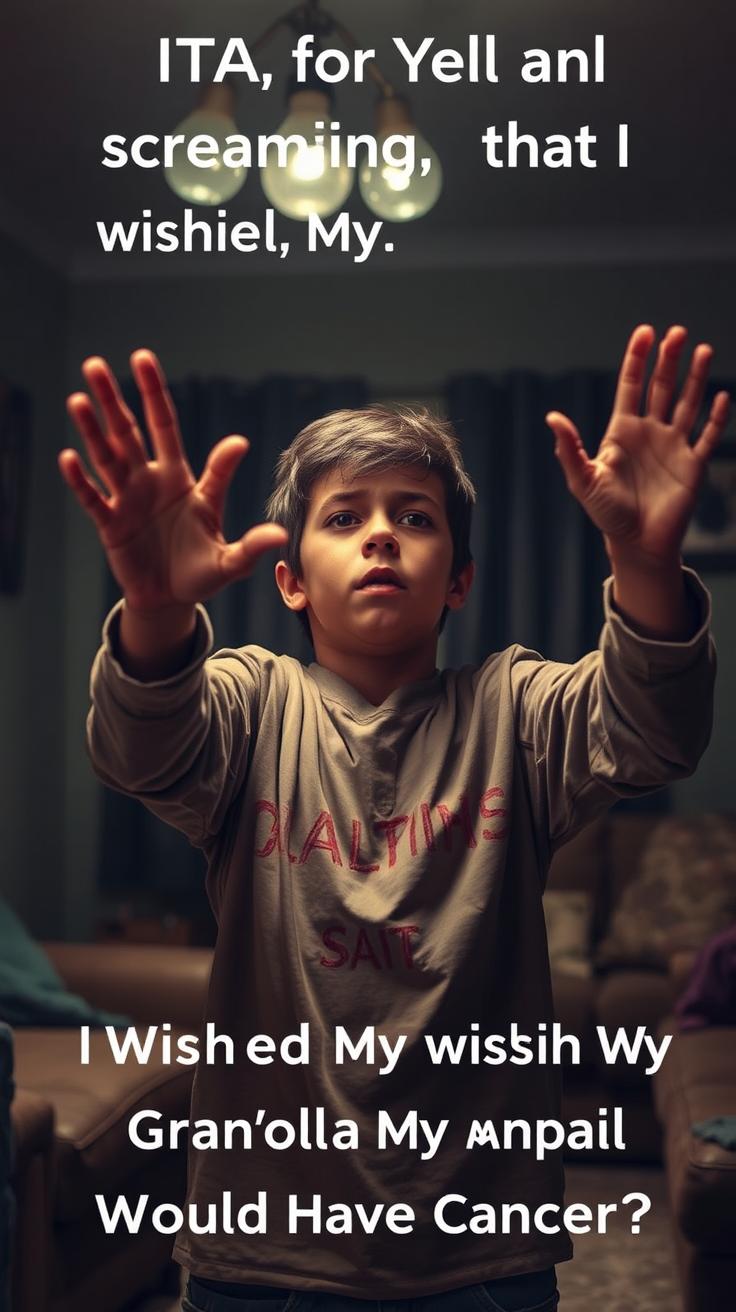AITA for yelling and screaming that I wished my grandpa would have cancer?
 Image credit: Pixabay (This is example image – Not the actual photo)
Image credit: Pixabay (This is example image – Not the actual photo)
Family Tensions and Cultural Expectations: A Heart-Wrenching Reunion
In a poignant tale of cultural clash and familial expectations, a young woman returns to Korea for a school break, only to face an explosive confrontation with her grandfather. After a long journey, her simple greeting is met with unexpected anger, triggering a cascade of painful memories and unresolved issues from her past. As she grapples with feelings of disrespect and hurt, the story delves into the complexities of family dynamics, particularly in immigrant families, where cultural norms can clash with personal experiences. This relatable narrative resonates with anyone who has navigated the challenges of family expectations and the emotional weight of past traumas.
Family Drama Over Miscommunication
A young woman, 18 years old, shares her experience of a family conflict during a visit to her grandparents in Korea. This incident highlights the complexities of family dynamics and the challenges of conflict resolution.
- Background: The young woman lives abroad and visits her grandparents in Korea every school break. This year, she arrived late at night, exhausted from her travels.
- Initial Greeting: Upon entering her grandparents’ home, she offered a formal greeting, bowing respectfully. After setting down her luggage, she laid down on the couch for a quick nap.
- Unexpected Outburst: Her grandfather suddenly shouted at her, accusing her of disrespect and failing to greet him properly. This reaction shocked her, leaving her frozen in disbelief.
- Mother’s Intervention: Her mother rushed in to diffuse the situation, attempting to lighten the mood by suggesting that her father simply didn’t hear the greeting.
- Emotional Response: As the confrontation continued, the young woman felt increasingly upset and began to cry, feeling humiliated in front of her family. She eventually left the room to collect herself.
- Past Trauma: In a private conversation with her mother, she expressed her anger and hurt, recalling past comments from her grandfather. He had previously brought up her childhood illness and its impact on the family, which she found irrelevant and painful.
- Escalation of Conflict: During her emotional outburst, she shouted that she wished her grandfather would experience cancer himself, expressing her frustration over his hurtful comments.
- Avoidance: Since the incident, she has been avoiding her grandfather, reflecting on the tension that has arisen from this family drama.
This situation illustrates the challenges of communication within families, especially when past grievances resurface. The young woman’s experience raises questions about how to navigate family relationships and the importance of understanding and empathy in conflict resolution.
This is Original story from Reddit
 Image credit: Pixabay (This is example image – Not the actual photo)
Image credit: Pixabay (This is example image – Not the actual photo)
Story
I18F live in a different country from my grandparents. They live in Korea while I live abroad, and every school break, I would visit Korea and stay at their house. This break, as I always do, visited Korea and went to their house.
We arrived in Korea at midnight and were exhausted. As I opened the door, I bowed a formal greeting to a person older than me and said “hello” but formally. Then, after leaving my suitcases aside, I lay on the couch to take a quick power nap.
But then suddenly, my grandfather shouted, “HEY!”. Surprised, I stood up and sat down. Then he started to lash out at me and yelled things like, “Do you have no respect!” and “Why don’t you greet us!”.
I was so shocked and flabbergasted that I froze. After my mom heard my grandfather shouting, she came rushing to me to figure out what happened. My mom tried to break the tension by laughing and saying, “She did say hello; I just think you didn’t hear it.”
After a while, I started to realize how upset I was at the situation and started to tear up as I said, “I did greet you.” And also, since it was in front of all of my family members, I felt more upset. I left the living room while bawling my eyes out and locked myself in the closet room.
My mom came into the closet room and started to talk to me about it. As I talked about it, my anger reached its peak, and I started to scream, cry, and bring up things that he said in the past. Last year, when I visited Korea, I got COVID and lost my taste buds.
So naturally, I would eat less than before. I’m not sure what made him so upset and mad, but he started to bring up my cancer that I had when I was a child and how, because of me, my parents had to suffer and lost so much money. I don’t know how that was relevant and why he decided to scold me about it now when I got cured years ago, but obviously, I got upset.
Also, around two years ago, he all of a sudden started to scold me about how I was sick and how it affected my parents and family, claiming that my family living apart was my fault. My family used to all live abroad, but after I got sick, my mom and I moved to Korea, and so we lived apart for a few years.
Coming back to the present, I started talking about how he said those things to me, and I shouted, “I wished he would get cancer and experience how it feels to be told those things in front of your face.” Even though I shouted this in a separate room, it probably reached the living room where he was. As my anger elevated, I started to say that line again and again a few times before I calmed down.
I have been avoiding my grandfather ever since. AITA?
View the Original Reddit Post Here
Summary of Reddit Comments
The top Reddit comments indicate a strong consensus that the original poster (OP) is not at fault (NTA) for wishing cancer on their verbally abusive grandfather. Many users empathize with OP’s emotional response to the grandfather’s cruel behavior, emphasizing that his lack of empathy and abusive remarks warrant such feelings. The comments also highlight the importance of understanding cultural dynamics while recognizing that the grandfather’s actions are unjustifiable regardless of cultural context.
Verdict: NTA
Expert Advice for Resolving Family Conflict
Family conflicts can be deeply emotional and complex, especially when they involve past traumas and cultural dynamics. Here are some practical steps for both the young woman and her grandfather to help resolve the conflict and foster healthier communication moving forward.
For the Young Woman
- Reflect on Your Feelings: Take time to process your emotions. Write down your thoughts about the incident, focusing on how it made you feel and why it triggered such a strong reaction.
- Communicate Openly: When you feel ready, consider having a calm conversation with your grandfather. Express how his comments have affected you, using “I” statements to avoid sounding accusatory (e.g., “I felt hurt when you mentioned my illness”).
- Set Boundaries: It’s important to establish what is acceptable behavior for you. Let your grandfather know what topics are off-limits and why they are painful for you.
- Seek Support: Talk to your mother or another family member about your feelings. They may help mediate the conversation or provide additional perspective on your grandfather’s behavior.
- Practice Self-Care: Engage in activities that help you relax and recharge, especially after emotionally taxing interactions. This could include journaling, meditation, or spending time with friends.
For the Grandfather
- Self-Reflection: Encourage your grandfather to reflect on his words and actions. He should consider how his comments may have impacted you and the family dynamic.
- Apologize Sincerely: If he recognizes that his behavior was hurtful, a genuine apology can go a long way. He should acknowledge the pain he caused and express a desire to improve the relationship.
- Listen Actively: When discussing the conflict, your grandfather should practice active listening. This means giving you his full attention, validating your feelings, and avoiding defensiveness.
- Educate Himself: It may be beneficial for him to learn about the impact of trauma and emotional abuse. Understanding these concepts can help him empathize with your experiences.
- Be Open to Change: Encourage him to be willing to adapt his behavior and communication style. This may involve being more mindful of his words and considering how they might affect others.
Moving Forward
Conflict resolution is a process that takes time and effort from both sides. By approaching the situation with empathy and a willingness to understand each other’s perspectives, both the young woman and her grandfather can work towards healing their relationship. Remember, it’s okay to seek professional help, such as family therapy, if the conflict feels too overwhelming to navigate alone.
Join the Discussion
 Image credit: Pixabay (This is example image – Not the actual photo)
Image credit: Pixabay (This is example image – Not the actual photo)
What do you think? Would you have handled this differently?
Share your thoughts below! Vote: Do you agree with Reddit’s verdict?














